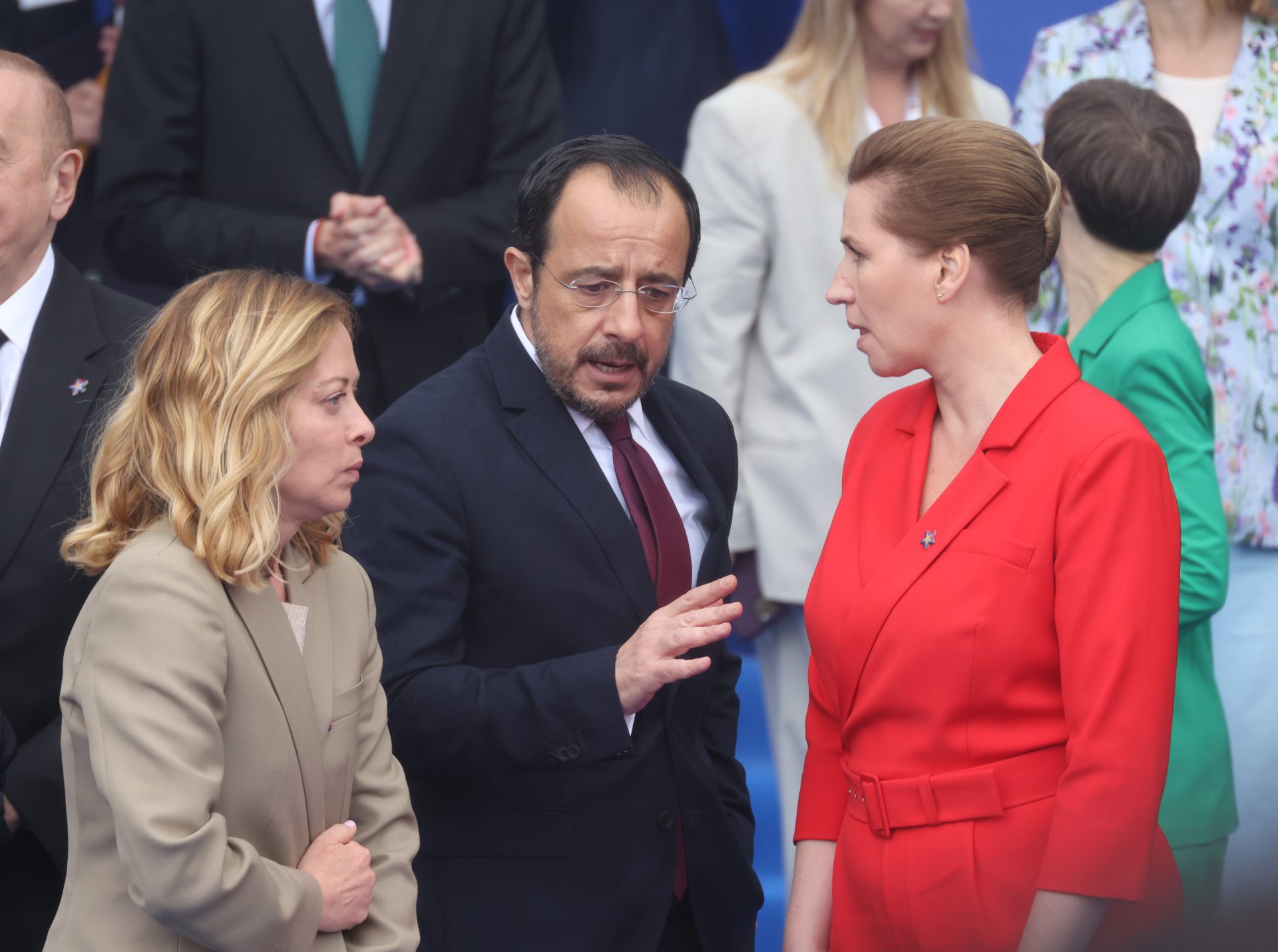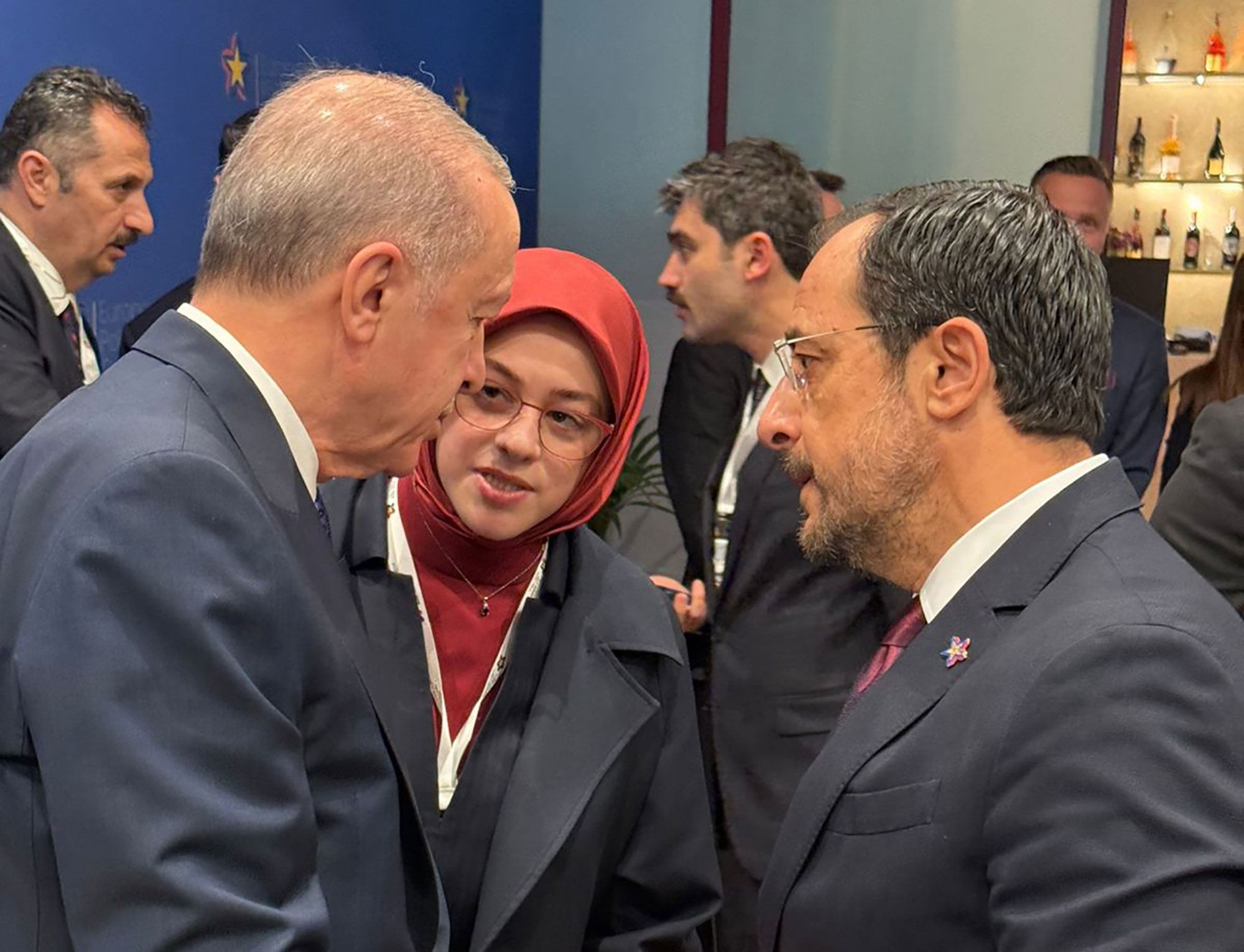President Nikos Christodoulides and Turkish President Recep Tayyip Erdogan on Friday agreed on the importance of maintaining dialogue, particularly in relation to the Cyprus problem and Turkey’s ties with the European Union.
The two leaders held a brief conversation on the sidelines of the European Political Community Summit in Tirana, Albania. According to sources present at the summit, Christodoulides used the opportunity to stress that real progress on the Cyprus issue – and in broader EU-Turkey relations – depended on direct engagement between the two sides.
Christodoulides reportedly highlighted that the appointment of an EU envoy for Cyprus, Johannes Hahn, signalled the European Union’s active interest in resolving the long-standing dispute. He said both sides must now seize this opportunity to move forward.
Erdogan, for his part, said he supported dialogue, and that Turkey remained interested in strengthening its relationship with the EU.
Speaking earlier to reporters ahead of the summit’s opening, Christodoulides said that Turkey’s interest in the EU was clear. “We prefer to have a neighbour that is close to the EU, as long as this neighbour behaves as EU member states behave – respects the principles and values of the EU and respects international law,” he said.

He added that Hahn, the newly appointed EU envoy who has extensive experience with EU-Turkey relations, is well aware of Ankara’s ambitions. Hahn, he said, will examine how those ambitions could be furthered through specific, positive steps in both Turkey’s EU accession process and its obligations related to Cyprus.
Christodoulides also framed the Tirana summit as an opportunity for open dialogue between EU member states and countries aspiring to join the bloc, describing the Cyprus problem as one of Europe’s ongoing challenges.
He said the decision by European Commission President Ursula von der Leyen to appoint Hahn – who has served as a European commissioner, Austrian minister, and held other high-ranking roles – underscored both the EU’s concern with the unresolved issue and its support for efforts to resume negotiations.






Click here to change your cookie preferences